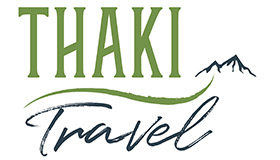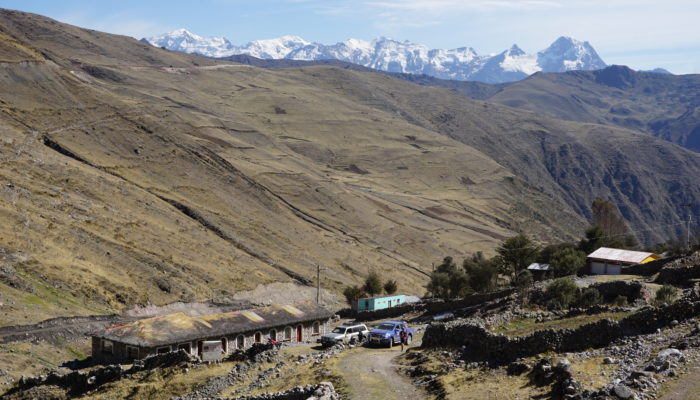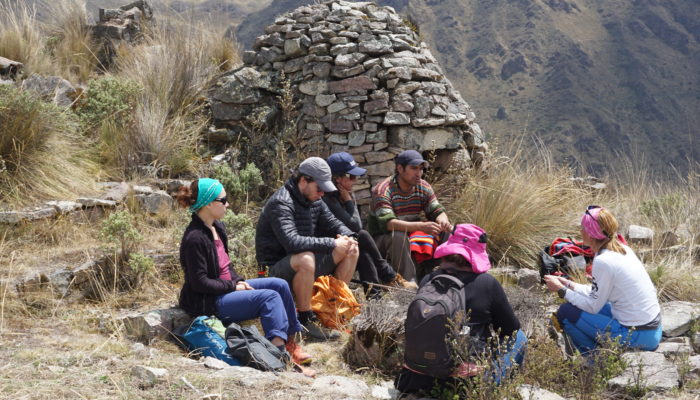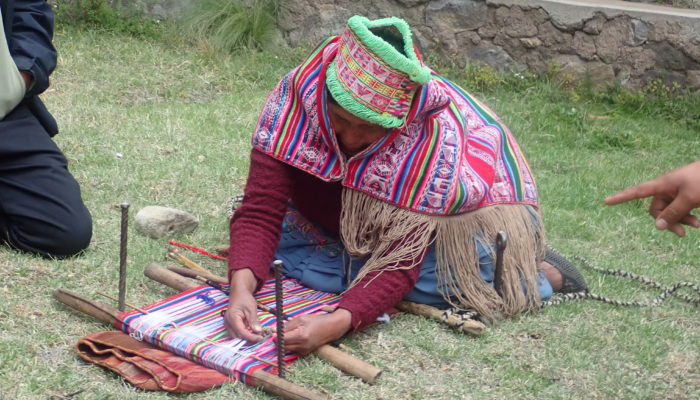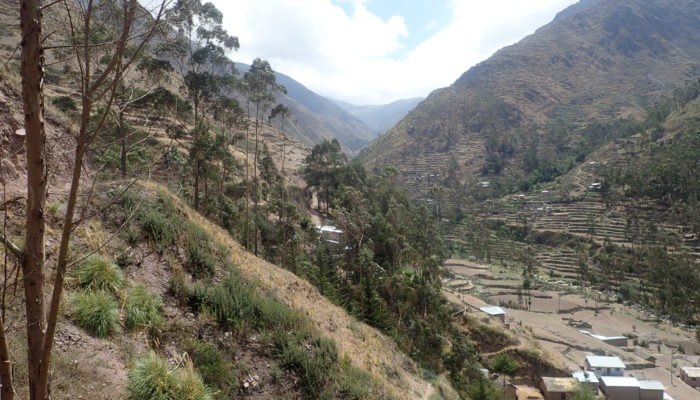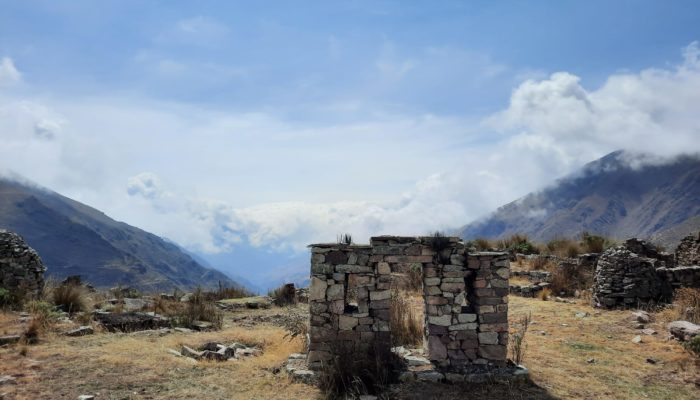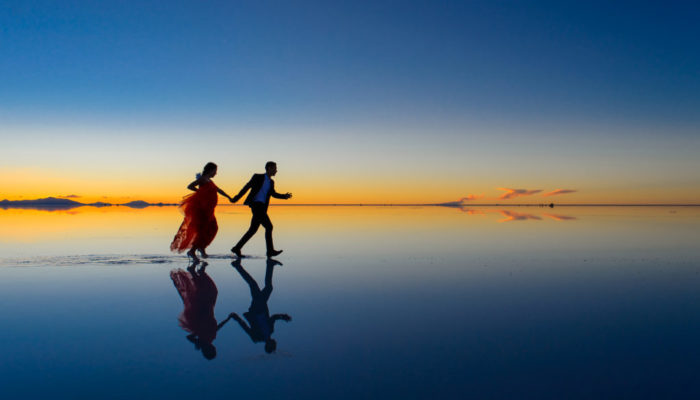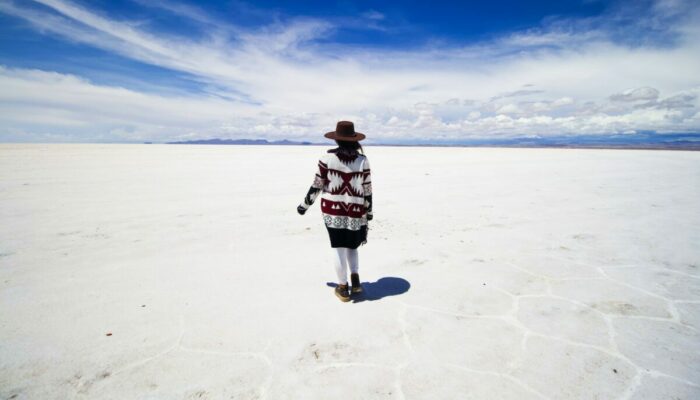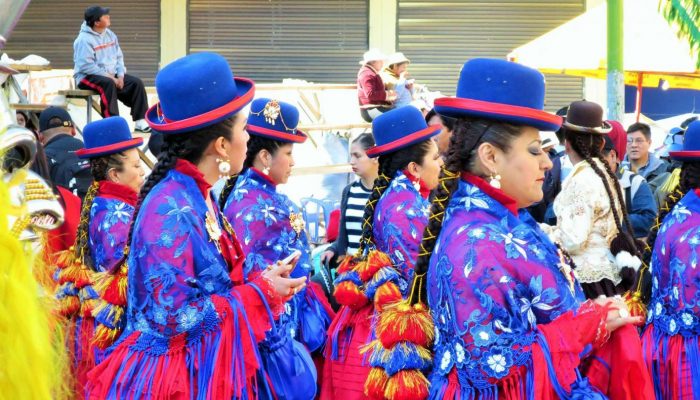The Thaki team discover an ancestral culture
For the last 3 days, the entire Thaki Voyage team has been scouting one of the most remote regions of the country, in a valley dominated by the imposing Apolobamba mountain range. It is here that the Kallawaya people live. A people of itinerant healers, famous in Bolivia for their knowledge of plants. The Kallawayas, direct descendants of the Tiwanaku civilisation, were the healers of the Inca nobility, and have demonstrated their skills on numerous occasions, treating Panama Canal workers suffering from malaria, as well as those wounded in the Chaco war.
Itinerant doctors
Nowadays, they make a living from their medicine, but also from the other resources their land has to offer: they breed alpacas and llamas, grow potatoes and other cereals, vegetables, fruit, etc. As the different Kallawaya communities live at different altitudes, there is a wide variety of plants and crops, and the communities exchange the products of their land. Each Kallawaya has customers who are enthusiasts of natural medicine throughout Bolivia, and even abroad, and they often set off in April to visit these customers to bring them the plants and medicines they have made.
Expertise recognised by UNESCO
The Kallawaya culture is one of the oldest in Bolivia, and has been recognised by UNESCO as part of its list of intangible heritage since 2003. This recognition is due to the Kallawaya’s exceptional knowledge of medicine, but also to their longevity, and to the transmission of knowledge from father to son, a particular type of transmission that could one day endanger the Kallawaya culture, and see essential, age-old knowledge disappear forever. Another distinctive feature of this culture is the existence of a so-called secret language, which is used mainly during rituals. This language is known only to the Kallawayas and is not used in everyday life, where the Aymara and Quechua languages, depending on the community, are used. The Kallawayas are also recognised as very good yatiris. In Bolivia, yatiris are spiritual guides who can, for example, read the future in coca leaves. Kallawayas are highly sought-after in Bolivia, and a consultation with the best-known of them can cost up to several thousand euros.
Discover this ancestral culture with Thaki Voyage
In partnership with Tusoco, an agency specialising in the development of community-based tourism in Bolivia, and the local and community-based tourism provider Pacha Trek, Thaki wants to offer several alternatives for discovering the region. Whether you choose to roam between the different communities or base yourself at the community hostel in Chari, there are indeed several ways to discover the region and its secrets. 4 of the Kallawayas communities have a small hostel ready to welcome visitors, some have a small museum and all are run on a community basis. These communities are close to each other, so they are all easily accessible on foot. Our aim is to offer several ways of visiting these communities, to appeal to all tastes, and to combine hiking, discovering the ruins of the region, and learning about the life of the Kallawayas, both their medicine and their rituals, as well as everyday life, work in the fields, crafts, their languages, and so on. Visitors will be invited to take part in Kallawaya rituals, such as the calla, a kind of offering made at various cabildos in the valley, the community’s sacred places. They will also be able to take part in everyday life, helping to sow potatoes or shear alpacas, depending on the season, surrounded by exceptional scenery in a verdant valley at the foot of the Apolobamba mountain range.
A unique experience on your next trip to Bolivia
On our website, you will soon be able to find various examples of programmes in the different Kallawayas communities, lasting from 2 to 4 days or more depending on your wishes, with or without itineraries, and with a choice of different activities: medicine, reading your future in coca, weaving, working the fields, hiking, visiting ruins and ritual or sacred centres, relaxing in the thermal baths of Charazani or sharing an apthapi, a kind of traditional Bolivian picnic. The region is bursting with activities of all kinds that are sure to please travellers. Ideally, this visit should be combined with a trek into the wild Apolobamba mountain range, or a visit to the community of Santiago de Okola, on the shores of Lake Titicaca.
